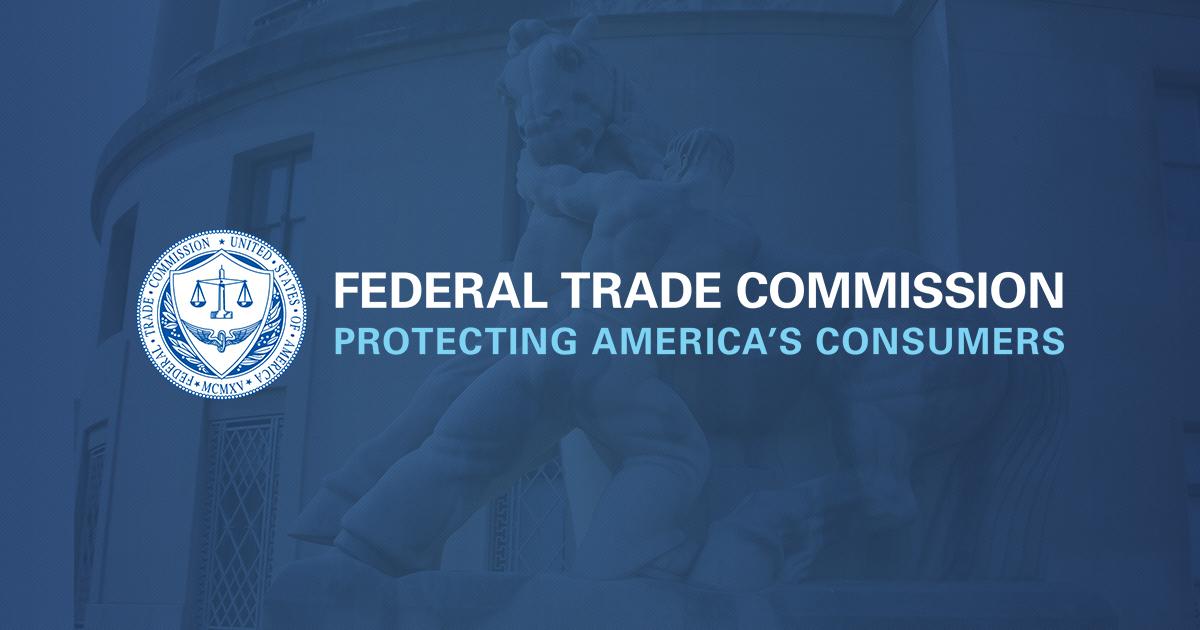The Federal Trade Commission and the Federal Reserve Board today announced proposed regulations that generally would require a creditor to provide a consumer with a risk-based pricing notice when, based in whole or in part on the consumer’s credit report, the creditor offers or provides credit to the consumer on terms less favorable than the terms it offers or provides to other consumers.
Risk-based pricing refers to the practice of using a consumer’s credit report, which reflects his or her risk of nonpayment, in setting or adjusting the price and other terms of credit offered or extended to a particular consumer. Many creditors offer more favorable terms to consumers with better credit histories. The proposed rules would apply, with certain exceptions, to all creditors that engage in risk-based pricing. Under these rules, a risk-based pricing notice would generally be provided to the consumer after the terms of credit have been set, but before the consumer becomes contractually obligated on the credit transaction.
The proposal provides a number of different approaches that creditors may use to identify the consumers to whom they must provide risk-based pricing notices. In addition, the proposed rule includes certain exceptions to the notice requirement. The most significant of the exceptions permits creditors, in lieu of providing a risk-based pricing notice to those consumers who receive less favorable terms, to provide all of their consumers with their credit scores and explanatory information.
The proposal would implement section 311 of the Fair and Accurate Credit Transactions Act of 2003, which amends the Fair Credit Reporting Act.
The proposed rules can be found on the Commission’s Web site as a link to this press release. The proposal will soon be published in the Federal Register, and the comment period will end 90 days thereafter. The Commission vote authorizing the publication of the rule and Federal Register notice was 4-0. (FTC File No. R411009. The staff contact is Kellie Cosgrove Riley, Bureau of Consumer Protection, 202-326-2252.)

